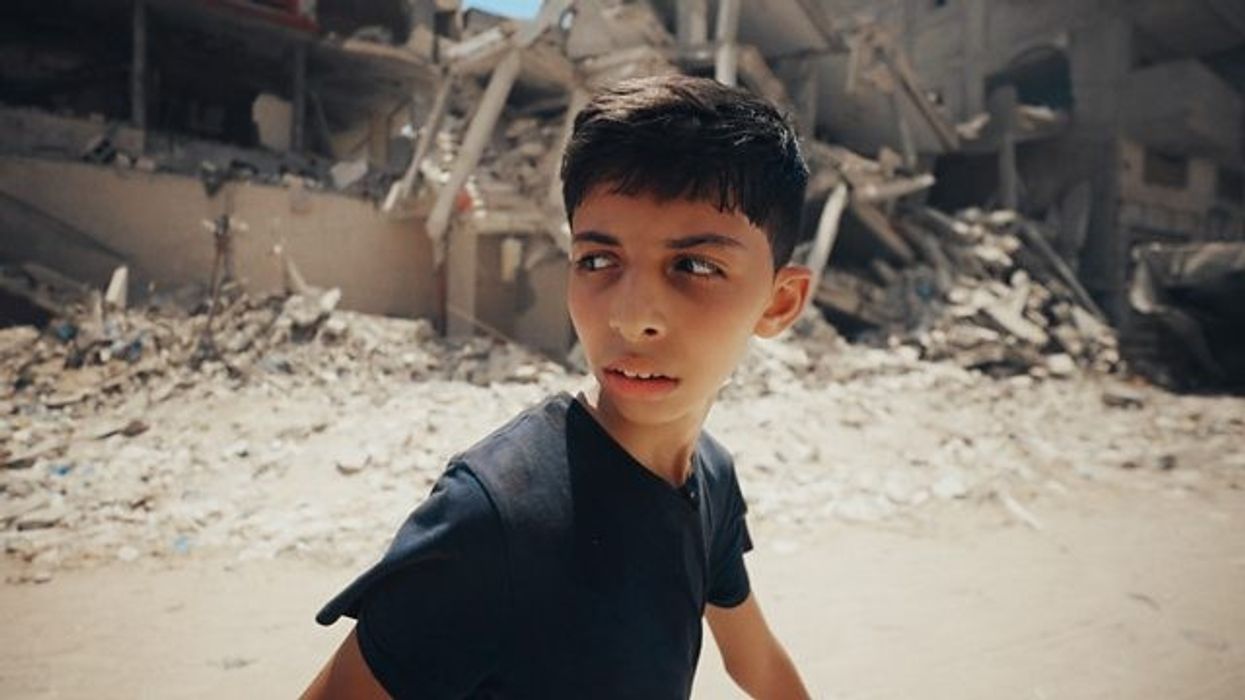Over 500 media personalities, including Gary Lineker, Anita Rani, Riz Ahmed, and Miriam Margolyes, have criticised the BBC for removing a documentary about children in Gaza.
The film, Gaza: How to Survive a War Zone, was taken off BBC iPlayer after the broadcaster discovered that its 13-year-old narrator is the son of a Hamas official. The BBC stated that this information had not been disclosed by the production company and that further checks were needed before deciding whether to reinstate the programme.
An open letter from Artists for Palestine UK condemned the decision, calling it a "racist" and "dehumanising" move. The letter urged the BBC not to bow to pressure and to ensure the film remains accessible to the public. Supporters argue that the documentary provides an essential look at the realities faced by Palestinian children and that political interference should not dictate editorial decisions.
- YouTubeyoutu.be
The controversy has reached Parliament, where Conservative shadow culture secretary Stuart Andrew questioned whether Hamas had financially benefited from the film. Culture Secretary Lisa Nandy assured MPs that BBC director-general Tim Davie had confirmed no funds had reached the group. She also stated that she would monitor the BBC’s internal investigation and update Parliament on its findings.
Filmmakers Ken Loach and Mike Leigh, actor Khalid Abdalla, and musician Nitin Sawhney are among the many public figures who signed the protest letter. They stress the importance of protecting voices from conflict zones and warn that silencing such perspectives could harm public understanding of global crises.
The BBC acknowledged the documentary’s significance but stated that it was conducting further reviews before making a final decision on its availability. A spokesperson reiterated that the film highlights critical stories from Gaza but that concerns about transparency and editorial standards needed to be addressed.
The debate has now sparked broader discussions on media independence, bias, and the role of political influence in journalistic decisions. The BBC’s board is expected to review the matter soon and determine whether the film will return to iPlayer.





